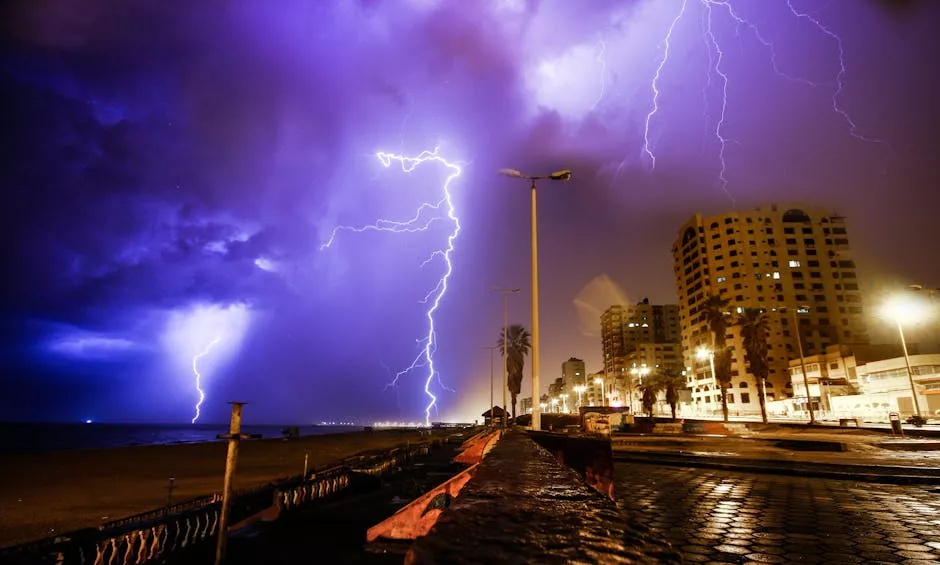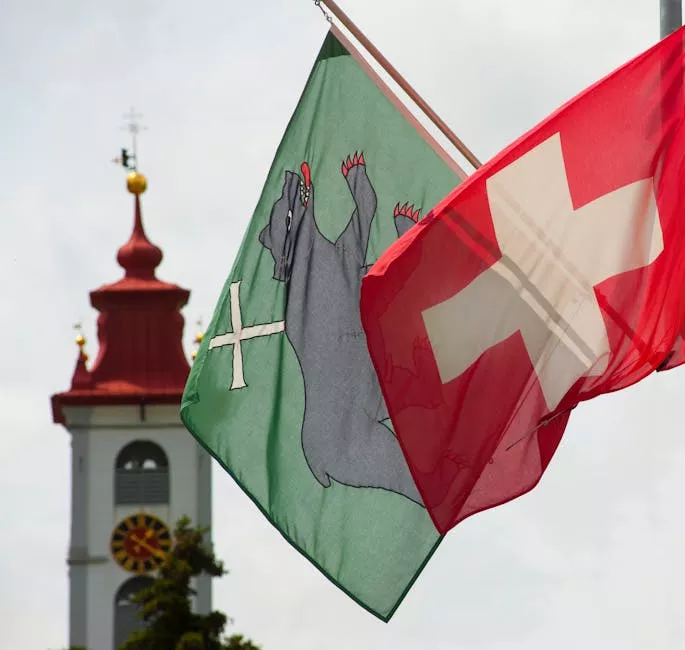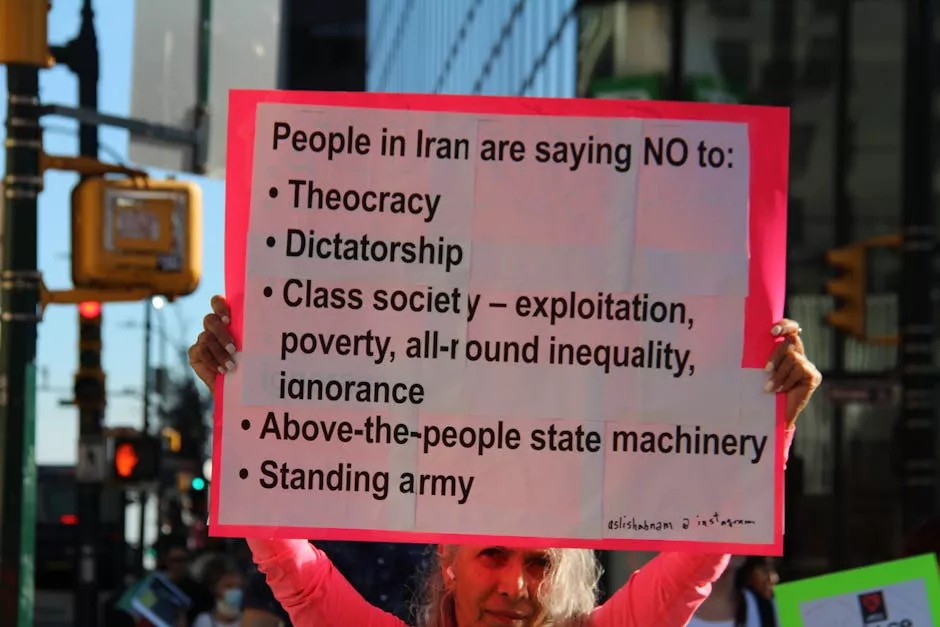Gaza Planning Center Excludes Palestinian Voices from Future Talks
A U.S.-operated planning center in Israel brings together American and Israeli officials to discuss Gaza's post-war future, but notably excludes Palestinian representatives.

In a warehouse facility inside Israel, American and Israeli military officials, foreign diplomats, and humanitarian workers are gathering to chart the course for Gaza's post-conflict future. However, this critical planning process has drawn sharp criticism for a glaring omission: the complete absence of Palestinian voices in discussions about their own territory's destiny.
The Planning Center's Operations
The U.S.-operated coordination center represents Washington's latest attempt to shape post-war scenarios in Gaza, bringing together key stakeholders to address reconstruction, governance, and security arrangements. Military personnel from both nations work alongside international aid organizations and diplomatic representatives to develop comprehensive strategies for the territory's rehabilitation.
This planning hub reflects the Biden administration's desire to maintain influence over Gaza's future while coordinating closely with Israeli security concerns. The facility serves as a nerve center where intelligence is shared, humanitarian corridors are planned, and long-term governance structures are debated.
The Missing Voices
Critics argue that excluding Palestinians from these fundamental discussions undermines the legitimacy and effectiveness of any proposed solutions. The absence of Palestinian representation raises serious questions about the democratic principles and self-determination rights that Western nations typically champion in international affairs.
Regional experts warn that top-down planning without grassroots Palestinian input risks creating unstable arrangements that lack popular support among Gaza's population. Historical precedents suggest that imposed solutions often fail to achieve lasting peace or effective governance in contested territories.
Geopolitical Implications
This exclusionary approach reflects broader tensions in Middle Eastern diplomacy, where major powers often prioritize strategic partnerships over inclusive decision-making processes. The U.S.-Israel coordination, while strengthening bilateral ties, may inadvertently alienate potential Palestinian partners essential for sustainable peace.
The planning center's composition also signals America's continued reliance on military and security-focused solutions rather than diplomatic engagement with all relevant parties. This approach could complicate future peace negotiations and reconstruction efforts if Palestinian factions feel marginalized from the outset.
International Response
International observers and humanitarian organizations have expressed concern about the planning process's legitimacy without Palestinian participation. Some European allies have quietly suggested that sustainable solutions require inclusive dialogue rather than external impositions, regardless of good intentions.
The exclusion of Palestinian voices from Gaza's future planning represents a significant diplomatic challenge that could undermine long-term stability and reconciliation efforts in one of the world's most volatile regions.






